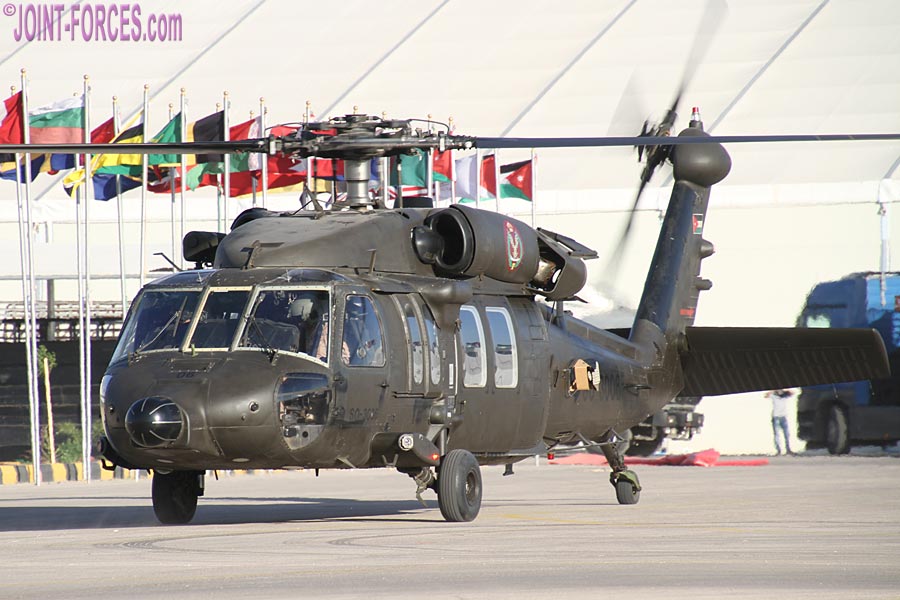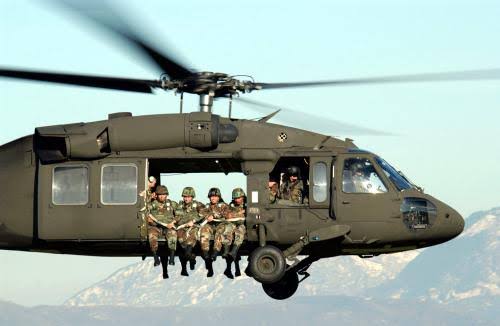UH 60 Black Hawk: From Idea to Modern Applications
UH 60 Black Hawk: From Idea to Modern Applications
Blog Article
The Impact of Sustainable Practices on the Future of Aircraft Operations and Emissions Decrease
As the aeronautics industry deals with increasing analysis over its environmental effect, the fostering of lasting practices arises as an essential path toward future aircraft procedures and emissions reduction. Advancements in lasting aviation fuels and innovations in hybrid propulsion innovations stand at the center of this transformation, promising significant reductions in greenhouse gas exhausts.

Review of Lasting Practices
Lasting techniques in airplane procedures include a variety of methods targeted at minimizing environmental effect while maintaining operational efficiency. These techniques are crucial in the aeronautics sector's dedication to lessening its carbon footprint and sticking to global ecological criteria. Trick efforts include optimizing trip courses to decrease fuel usage, boosting upkeep protocols to make sure airplane operate at peak performance, and implementing innovative modern technologies such as winglets and lightweight products that boost aerodynamics.

Involving and educating team on sustainability techniques also play an important function, fostering a culture of ecological duty within companies. Generally, the combination of these sustainable methods not just helps in reducing exhausts yet also enhances the long-lasting practicality of the air travel market, ensuring it meets the demands of both clients and regulative bodies while adding to global sustainability goals.
Innovative Fuel Alternatives
Many cutting-edge fuel choices are emerging as critical solutions to minimize the aeronautics sector's reliance on conventional nonrenewable fuel sources. Among these options, Sustainable Air travel Gas (SAFs) have actually gotten substantial focus as a result of their prospective to lower lifecycle greenhouse gas exhausts by approximately 80% contrasted to standard jet gas. SAFs are stemmed from numerous feedstocks, consisting of waste oils, farming residues, and even algae, making them a versatile alternative for the industry.
An additional promising choice is hydrogen fuel, which, when used in gas cells, creates only water vapor as a by-product. In addition, electric propulsion systems are being explored, leveraging battery modern technology to power airplane.
Last but not least, biofuels originated from biomass are being investigated, using a sustainable alternative that can be mixed with standard gas. Jointly, these innovative gas options stand for a vital step towards achieving a lasting aviation ecological community, lining up with international emissions decrease targets and enhancing the sector's environmental stewardship.
Technical Advancements in Air Travel

Exactly how can technical innovations reshape the future of air travel? Advancements such as electrical and hybrid propulsion systems are at the forefront, promising considerable decreases in gas consumption and greenhouse gas discharges.
Furthermore, the implementation of innovative materials, such as light-weight composites, adds to boosted aerodynamics and gas efficiency. The use of fabricated intelligence and artificial intelligence in flight procedures enhances course planning and lowers fuel shed by allowing real-time modifications based upon weather condition and web traffic problems. Additionally, the development of self-governing and remotely piloted airplane systems stands to revolutionize freight and passenger transport, possibly enhancing performance while minimizing human error.
Furthermore, sustainable aeronautics technologies, consisting of advanced air web traffic administration systems, can lower and improve procedures congestion, resulting in reduced emissions during flight. These improvements collectively stand for a paradigm shift in aviation, guaranteeing a future where sustainability and operational effectiveness are linked, thereby supporting the industry's dedication to lowering its environmental impact.

Regulatory Framework and Compliance
Because of the growing emphasis on environmental stewardship within the air travel sector, the governing structure regulating airplane operations is evolving to advertise sustainable methods. Regulative bodies, such as the International Civil Air Travel Organization (ICAO) and different nationwide aeronautics authorities, are presenting rigid guidelines targeted at reducing discharges and improving functional performance.
These guidelines usually include the adoption of Lasting click to read more Aeronautics Gas (SAF), which has been recognized as a key component in accomplishing lower carbon footprints. Conformity with these guidelines requires airline companies to execute functional methods and innovative innovations, such as optimized trip paths and boosted air web traffic monitoring, to lessen fuel intake.
Additionally, the enforcement of discharges trading schemes and carbon countering initiatives is coming to be progressively common, compelling airline companies to monitor and report their discharges accurately. Non-compliance can cause considerable penalties, therefore pushing operators to focus on sustainability in their company versions.
Eventually, the evolving regulative landscape not just drives development and financial investment in green innovations yet also promotes a society of accountability within the air travel market. As these frameworks continue to establish, the emphasis on sustainable methods will certainly be integral to accomplishing the market's lasting environmental goals.
Future Fads in Airplane Operations
As the aviation industry adapts click site to a significantly stringent regulatory atmosphere, future patterns in airplane procedures are set to concentrate on ingenious remedies that even more boost sustainability and performance - uh 60. Key advancements will likely include the fostering of advanced air traffic administration systems, which use real-time information and fabricated knowledge to maximize trip courses, reducing fuel consumption and emissions
One more considerable pattern is the boosted combination of lasting air travel gas (SAFs) These choices to standard jet gas, stemmed from eco-friendly resources, can significantly decrease lifecycle greenhouse gas exhausts. The sector's dedication to SAFs will likely increase as airline companies team up with gas producers to guarantee accessibility and cost-effectiveness.
Additionally, the push towards electrification and crossbreed propulsion systems is obtaining energy. Arising aircraft designs will include these modern image source technologies, supplying quieter and extra reliable operations, especially for short-haul flights.
Final Thought
To conclude, the combination of sustainable techniques in airplane operations holds significant possibility for discharges reduction and enhanced performance. The fostering of sustainable air travel gas, paired with developments in electric and hybrid propulsion systems, is crucial for lessening lifecycle greenhouse gas discharges. Enhancing flight paths and embracing cutting-edge innovations add to a quieter and a lot more environmentally pleasant aviation field. Collectively, these initiatives align with international sustainability objectives and lead the way for a greener future in air travel.
Technologies in sustainable air travel fuels and improvements in crossbreed propulsion technologies stand at the center of this transformation, appealing substantial reductions in greenhouse gas discharges.Many innovative fuel options are arising as pivotal services to minimize the aeronautics industry's reliance on standard fossil gas - uh 60. Amongst these alternatives, Sustainable Aviation Fuels (SAFs) have actually obtained significant attention due to their prospective to reduce lifecycle greenhouse gas exhausts by up to 80% contrasted to conventional jet fuels.One more considerable pattern is the raised assimilation of lasting aviation fuels (SAFs) The adoption of sustainable air travel fuels, coupled with developments in electrical and hybrid propulsion systems, is important for reducing lifecycle greenhouse gas discharges
Report this page